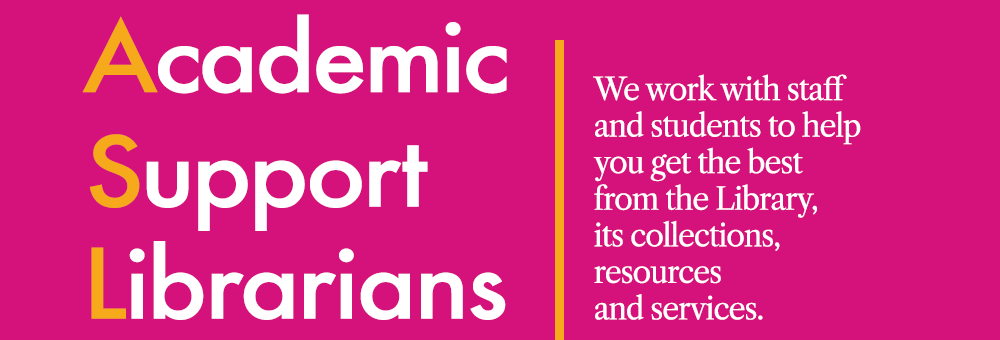LibSmart I is designed to give you an introduction to library resources for your study and research! The course enables you to take control of your learning as you self-enrol (click here to find out how) and choose the modules you cover. I personally love the flexibility of the course as you can recall the information provided by LibSmart easily on Learn.

Students studying in the library [Paul Dodds copyright of the University of Edinburgh]
So what does LibSmart I review?
In short, by completing LibSmart I you will develop your information literacy skills and understand what library support is available to you. For a more detailed overview keep reading or better yet check out the course for yourself!
A brief overview of LibSmart I and its learning objectives
Within the LibSmart I course there are five modules that cover key areas:
- Introduction to using the library
- Your information landscape
- Finding and retrieving information
- Managing information
- Referencing and avoiding plagiarism

With each topic, you will gain the confidence and knowledge to effectively research and use resources provided by the Library. My favourite module would be “Finding and retrieval”, I found the tips on research strategy construction and explanation to Boolean operators have been extremely useful when exploring a topic area.
The course has clear goals that you can use to guide your learning and ensure you are finding the support you need. There are also activities and reflective quizzes to help you consolidate your learning to discover the subject matter you need. When you’ve completed the course you’ll also be awarded a Digital Badge, which you can use to show off your newfound expertise.
Ready to get started?
Visit the LibSmart webpage to find out more about how to self-enrol for this course. If you’ve completed LibSmart I, you also read more about how to build on these skills with the next level of research support in LibSmart II!
If you have any questions or concerns about LibSmart you can contact us via the EdHelp portal.










